With 213 academic programs to choose from, UWM has one that’s right for you. Whether you’re looking to explore your options, land a job before graduation day or enroll in graduate school, our programs prepare UWM grads for in-demand jobs and exciting careers.
All UWM schools and colleges provide opportunities for students to complete general education requirements. The Center for Student Experience & Talent, in collaboration with Pathway Advising, helps undecided students identify their ideal major(s).
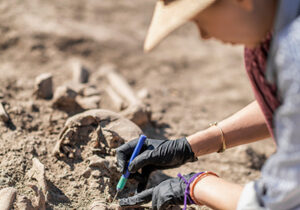
Anthropology
Major, Minor, Master’s, Doctoral, Accelerated Graduate
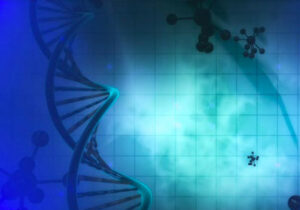
Biochemistry
Major, Master’s, Doctoral

Biological Sciences
Major, Minor, Master’s, Doctoral
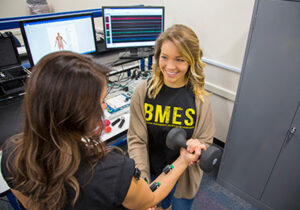
Biomedical Engineering
Major
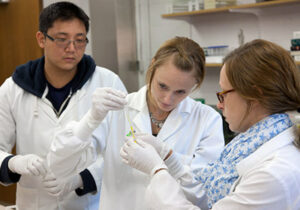
Biomedical Sciences
Major, Master’s, Online
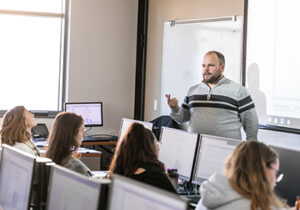
Biostatistics
Master’s
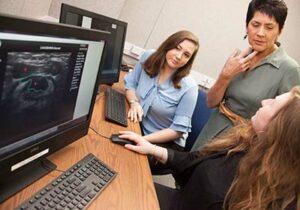
Communication Sciences & Disorders
Major, Master’s

Global Studies
Major, Minor, Accelerated Graduate
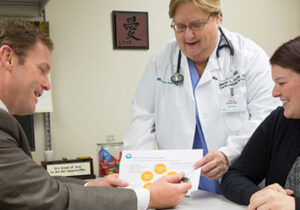
Health Care Administration
Major, Minor, Master’s, Online

Healthcare Compliance
Certificate, Online
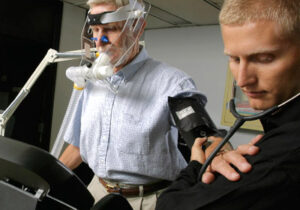
Kinesiology
Major, Minor, Master’s, Doctoral, Accelerated Graduate
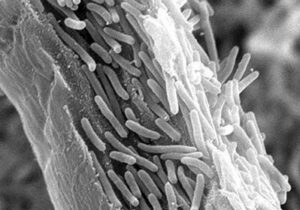
Microbiology
Major
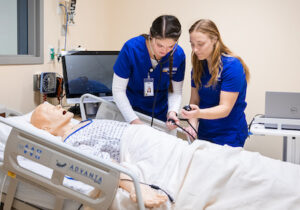
Nursing
Major, Master’s, Doctoral, Online

Nutritional Sciences
Major, Minor
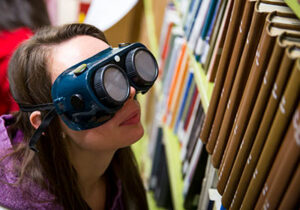
Occupational Science & Technology
Major
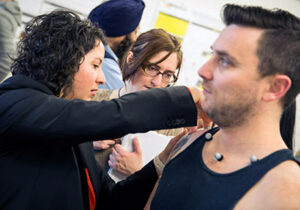
Occupational Therapy
Doctoral
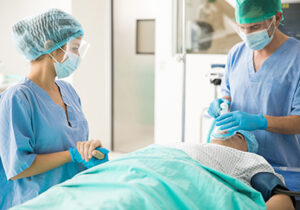
Pre-Anesthesiologist Assistant
Pre-professional
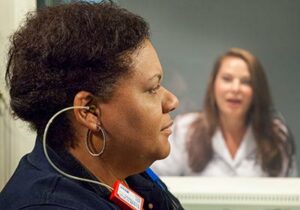
Pre-Audiology
Pre-professional
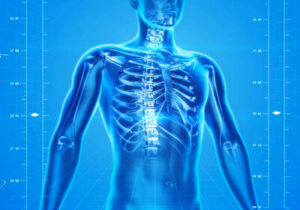
Pre-Chiropractic
Pre-professional
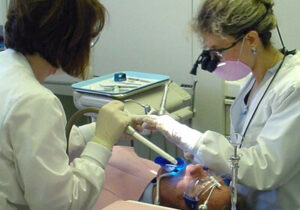
Pre-Dentistry
Pre-professional

Pre-Medicine
Pre-professional
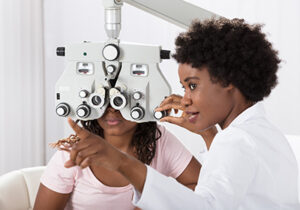
Pre-Optometry
Pre-professional
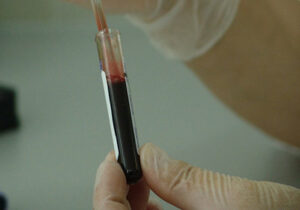
Pre-Pathologists’ Assistant
Pre-professional
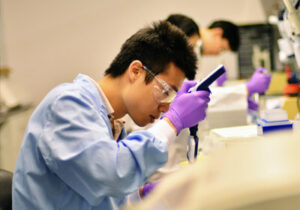
Pre-Pharmacy
Pre-professional
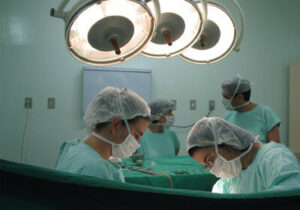
Pre-Physician Assistant
Pre-professional

Pre-Podiatry
Pre-professional
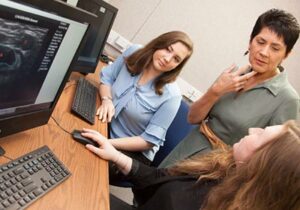
Pre-Speech Language Pathology
Pre-professional
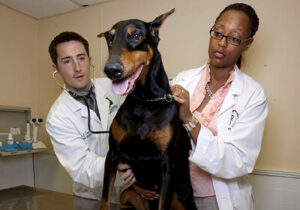
Pre-Veterinary Medicine
Pre-professional

Psychiatric Mental Health Nurse Practitioner
Certificate
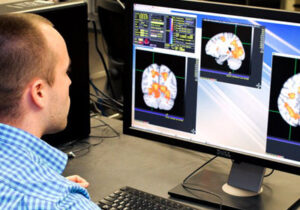
Psychology
Major, Minor, Master’s, Doctoral, Online

Public Health
Major, Master’s, Doctoral, Accelerated Graduate
UWM is accredited by the Higher Learning Commission (hlcommission.org), an institutional accreditation agency recognized by the U.S. Department of Education.